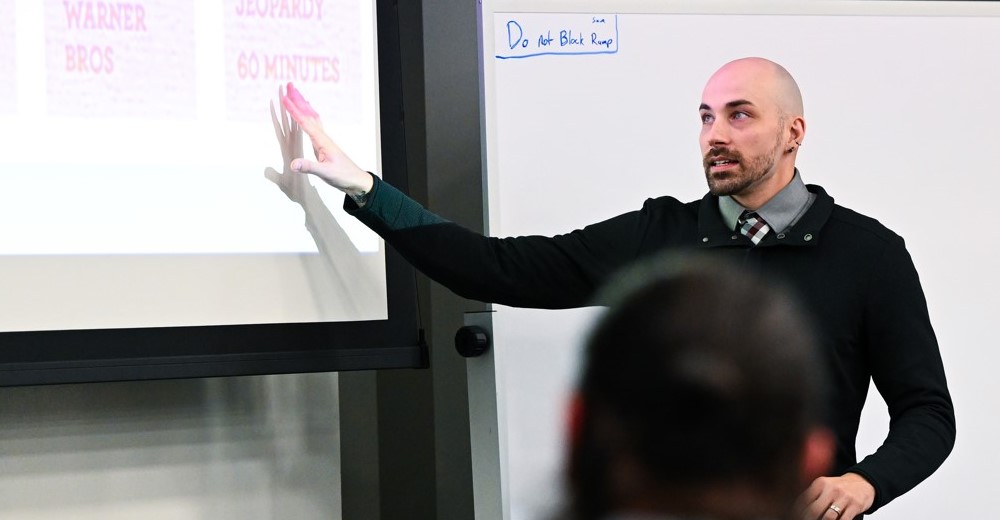Our Graduate Program

Why Sociology at the University of Montana?
Our graduate curriculum is flexible and allows students to pursue study in the areas of sociology that most interest them. No matter how you design your degree, however, you'll leave with a solid foundation in sociological theory and research methods.
The Master's program is small--cohorts are between five and ten students--and housed in a department without a PhD program. This means you'll get far more individual attention from faculty here than you might elsewhere.
All our sociology faculty have PhDs in sociology. Three of the four permanent full-time faculty have expertise and graduate training in criminology as well. Our professors have secured large research grants from statewide national agencies such as the National Science Foundation and the U.S. Department of Justice. As a Master's student, you can participate in their research through the criminology research group.
Some of our graduate students participate in credit-bearing internships to gain professional experience. Graduate interns meet regularly with a faculty supervisor and complete a significant academic project related to the internship. Recent placements for sociology MA students include: Fifth House Consulting, Missoula Food Bank, the UM Center for Children, Families, and Workforce Development, the FBI, and U.S. Probation and Parole.
To summarize: in UM's sociology graduate program you can have an intimate, robust educational experience while developing meaningful skills and professional connections.
Graduate Degree Options
The graduate course of study in General Sociology allows students to extend their undergraduate course work in Sociology. The graduate program is designed to provide extended training in theory and methods, and the application of theories and methods to social issues, problems, and policies. While the curriculum allows students considerable freedom to pursue their own sociological interests, it is necessary that the student's interests draw upon the interests of a particular departmental faculty member (please refer to the listing of faculty research interests). Students are encouraged to develop a plan of study with their advisor.
Criminology is a field of study which examines the making of law, the nature and extent of crime and criminality, and efforts to control crime. This option builds upon the required course work in Sociology, and allows students to pursue the extended study of crime and the criminal justice system. The Criminology option (CRIM) prepares students for careers in criminal justice research or administration, as well as further graduate work at the doctorate level. In addition to the core courses listed above, students in the Criminology option must take two additional classes:
- SOCI 538 Seminar in Crime and Deviance: Criminological Theory
- One additional section of SOCI 538 (this is a rotating special topics course)
The Inequality and Social Justice option (ISJ) investigates the mechanisms that produce and ameliorate disparities across ascribed groups. This option calls on students and faculty to examine the causes and consequences of inequalities based on class, gender, race/ethnicity, disabilities, age, and sexual orientation. Attention is given to local, national, and global sites of inequality, including work and labor markets, financial institutions, education, health, religion, and families. In addition to the graduate core, students in the Inequality and Social Justice option must take two additional classes:
- Seminar in Inequality and Social Justice (545)
- Three credits in any 500 level course approved by ISJ committee (need not be in Sociology)
Graduate Student Profiles
Our graduate students have a variety of backgrounds and study focuses. Read or listen to some of our students' experiences below.
Other Information
Graduate Director
Mark Heirigs
mark.heirigs@umontana.edu
Faculty Scholarship
For information about faculty members' scholarship and areas of interest, please see individual faculty profiles.






